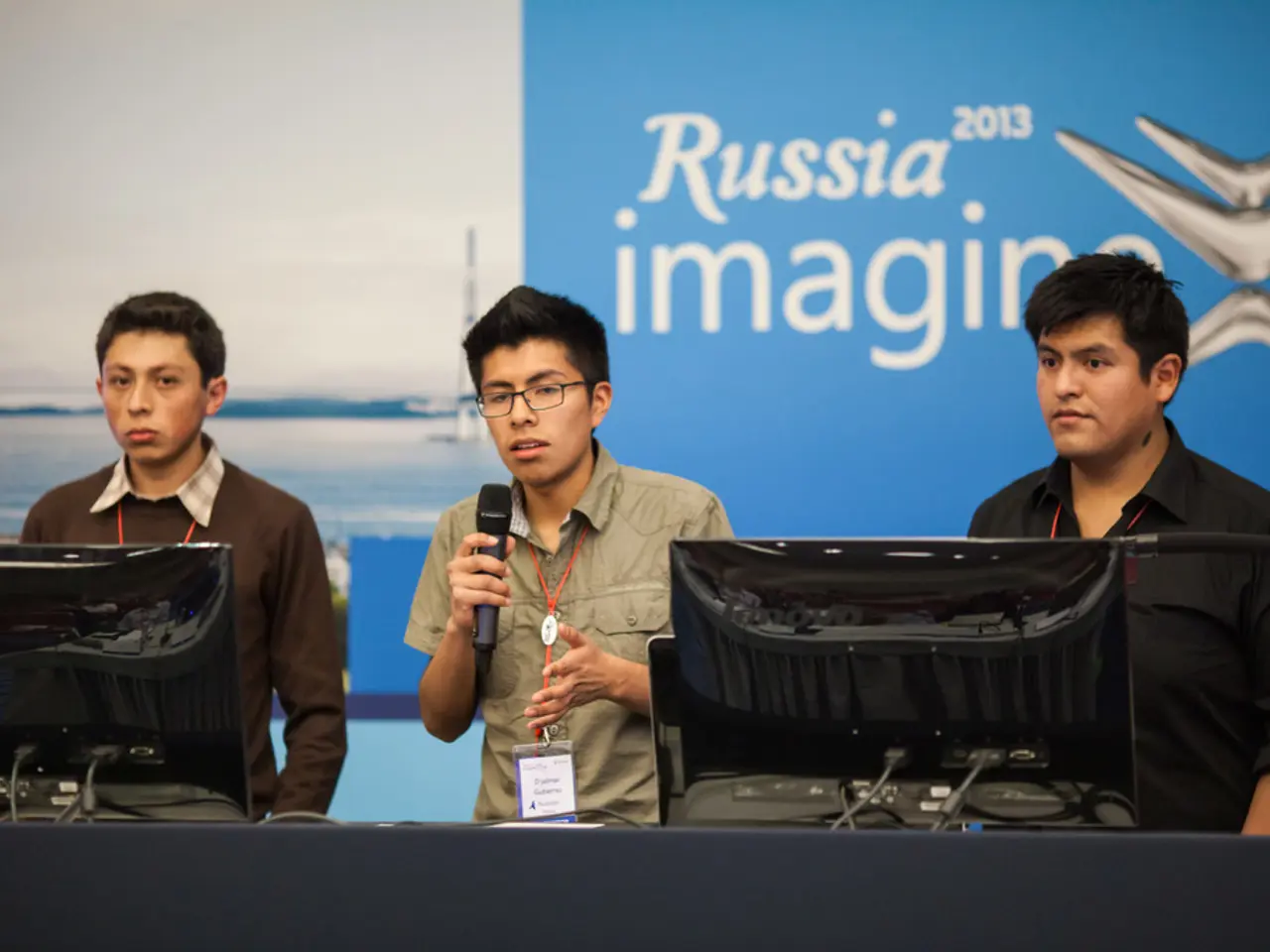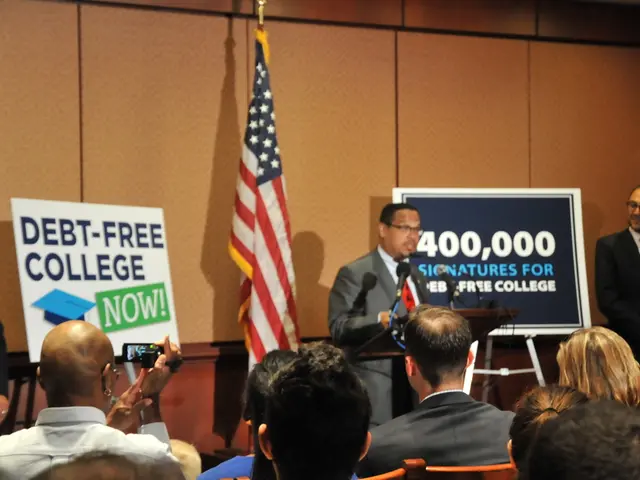Trump emphasizes the significance of a lasting peace agreement over a short-term truce.
In the ongoing diplomatic efforts to broker a peaceful deal between Russia and Ukraine, U.S. President Donald Trump has been at the forefront. His administration has broadly agreed with Russian proposals, including territorial recognitions and restrictions on Ukraine joining NATO, while European countries have leaned more towards Ukrainian demands such as the full withdrawal of Russian troops and prosecution of war crimes.
The latest summit between the U.S. and Russia, held in Alaska on August 15, 2025, failed to achieve a ceasefire, and violence has escalated since then. Trump set a two-week deadline around August 22, 2025, to assess prospects for peace, following an earlier August 8 deadline for Russia to end the war or face sanctions. Ukrainian President Volodymyr Zelensky remains firm that a meeting with Putin depends on security guarantees from Ukraine’s allies, criticizing Russia for evading direct talks.
Russian Foreign Minister Sergei Lavrov accused the West of blocking peace talks and blamed Ukraine for setting conditions that hinder a Putin-Zelensky meeting. Lavrov warned against European plans to deploy troops in Ukraine after a settlement, labeling it "foreign intervention" unacceptable to Russia. Both Russia and Ukraine continue preparing for further conflict, with no imminent end to hostilities.
Despite the stalled negotiations, Trump noted that his meeting with Putin went "very well," with all sides expressing support for peace talks. Trump emphasized the necessity of a solid peace agreement between Russia and Ukraine, believing that it is crucial for stabilizing not only Ukraine but also the international arena, including the European Union and other global powers.
The goal of these diplomatic steps is to achieve a final peaceful agreement between Russia and Ukraine. Trump believes that a peaceful deal, not just a temporary ceasefire, should be the primary focus. He stressed that this approach will ensure stability in the region and prevent situations where ceasefires are not honored.
Trump confirmed that Ukraine and the U.S. agreed on the necessity of a peace agreement. He mentioned the possibility of a meeting with Putin during Zelensky's visit, scheduled for August 18. The U.S. will continue to play a key role in the resolution process, supporting initiatives aimed at stability and peace in Europe. All participants in the discussions, including European leaders, agreed on the importance of this approach.
The focus remains on finding a compromise to end the long-standing conflict. Trump's diplomatic efforts have pushed for negotiations aligned more with Russian demands, but fundamental disagreements remain, with Ukraine requiring stronger security guarantees and Russia rejecting foreign troops or a ceasefire. The dialogue is ongoing yet obstructed by mutual distrust and incompatible conditions imposed by both sides.
Read also:
- Weekly happenings in the German Federal Parliament (Bundestag)
- Southwest region's most popular posts, accompanied by an inquiry:
- Discussion between Putin and Trump in Alaska could potentially overshadow Ukraine's concerns
- Massive 8.8 earthquake hits off the coast of Russia's Kamchatka Peninsula, prompting Japan to issue a tsunami alert.








